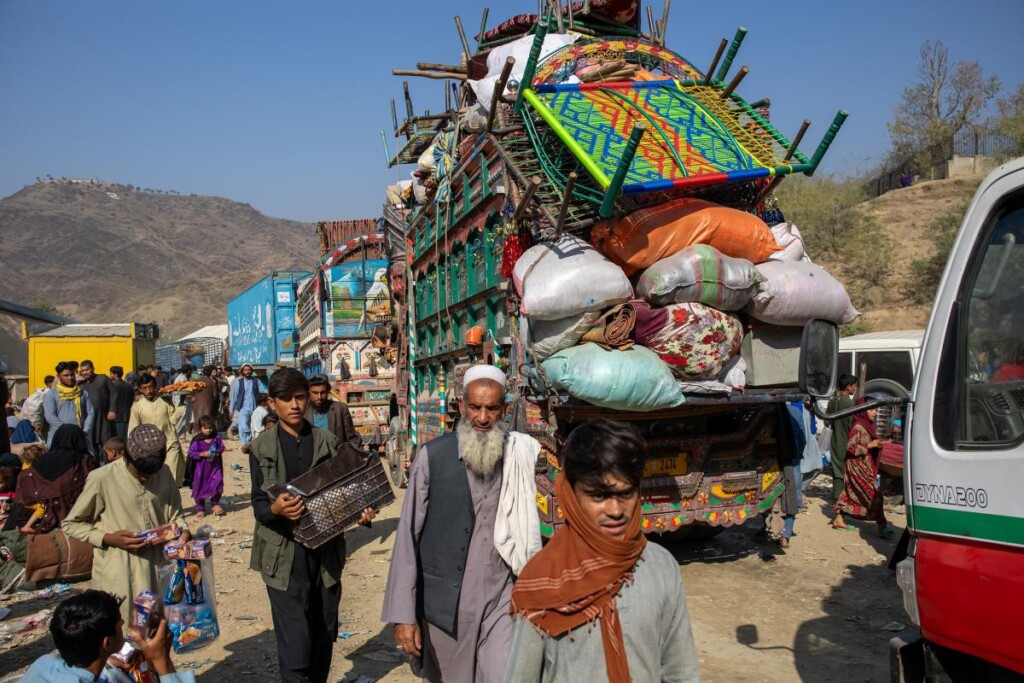The International Federation of Red Cross and Red Crescent Societies (IFRC) has issued a stark warning about the potential humanitarian crisis that could unfold as Pakistan prepares to expel hundreds of thousands of undocumented Afghan refugees by the end of March 2025.
In a statement released Monday, the IFRC said that the forced return of up to one million Afghans many of whom have lived in Pakistan for decades threatens to significantly worsen an already fragile humanitarian situation inside Afghanistan.
The warning follows the Pakistani government’s directive requiring all Afghan nationals without valid visas to leave the country by March 31, 2025. The move has triggered fears of large-scale displacement and the collapse of essential support systems already under strain.
“The humanitarian needs of those returning to Afghanistan are immense,” the IFRC stated. “Many have been forced to abandon their homes, livelihoods, and belongings. Children many already suffering from malnutrition require urgent and specialized care. Families separated during the journey also need support to restore family links.”
Shahabuddin Delawar, Acting President of the Afghan Red Crescent Society (ARCS), stressed the urgency of immediate action to meet critical needs on the ground.
Ahmed Suliman, interim Head of Delegation for the IFRC in Afghanistan, echoed the concern, highlighting both the short- and long-term challenges the country faces.
“This dynamic situation will impact millions of people. Addressing immediate needs—such as food, healthcare, and shelter is our top priority, while also planning to support people in the longer-term,” Suliman said. “The IFRC and National Societies are working in coordination with ARCS to provide targeted support to those most at risk.”
The IFRC emphasized that conditions inside Afghanistan are not conducive to the sustainable return and reintegration of large populations. The country is currently grappling with high levels of malnutrition, widespread poverty, and a deteriorating economy. Additionally, millions of people remain internally displaced due to conflict and natural disasters.
“Existing humanitarian support is already insufficient to meet current needs,” the IFRC warned. “The return of large numbers of people will only increase the pressure on overstretched resources.”
The organization urged that all returns must be voluntary, safe, and conducted with dignity, in line with international humanitarian principles. The IFRC also called on the international community to urgently scale up assistance and commit to long-term strategies to support returnees and stabilize affected communities.




